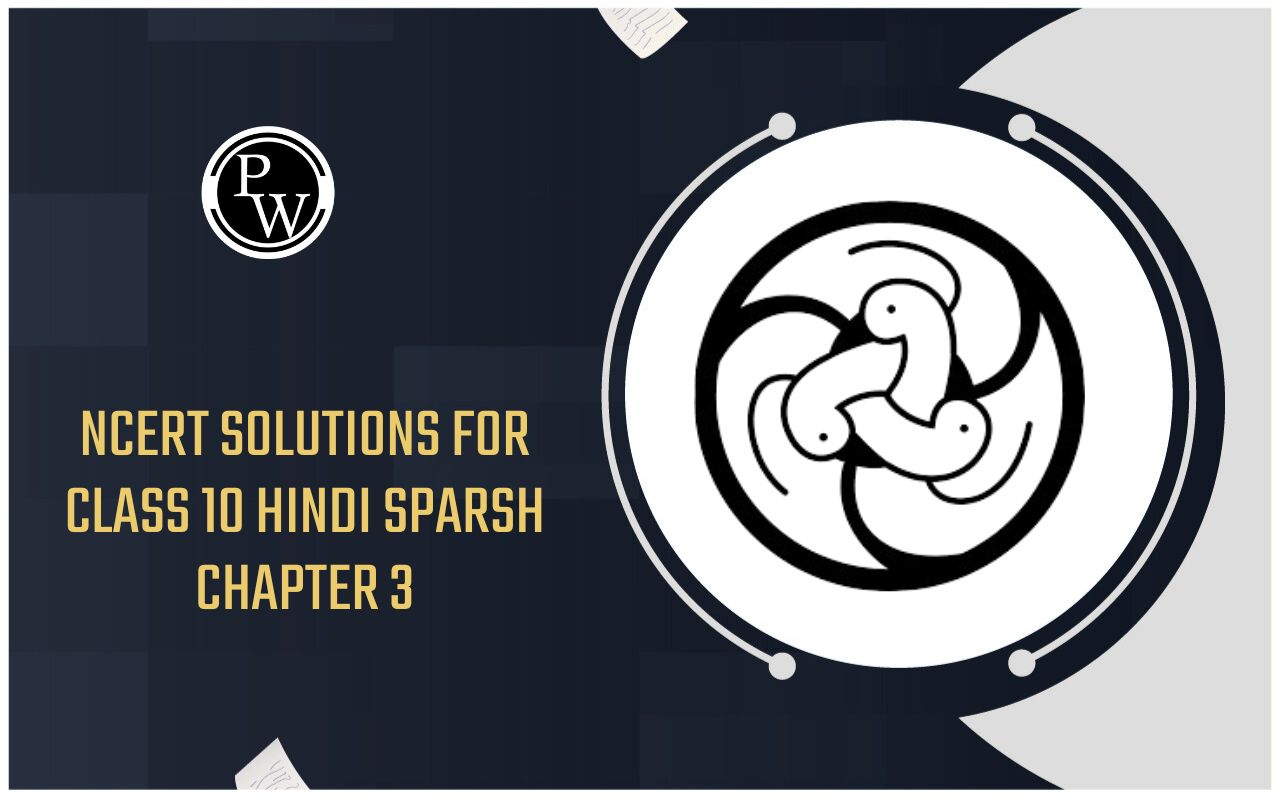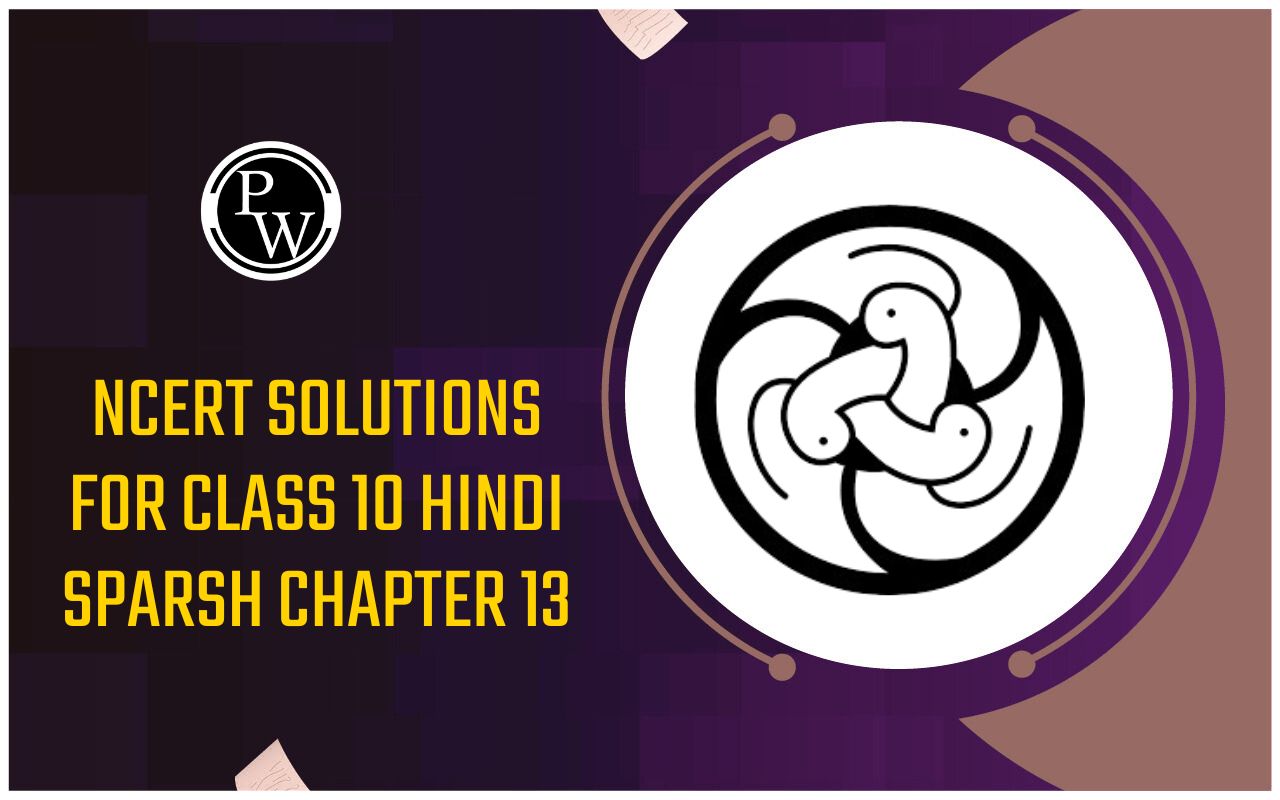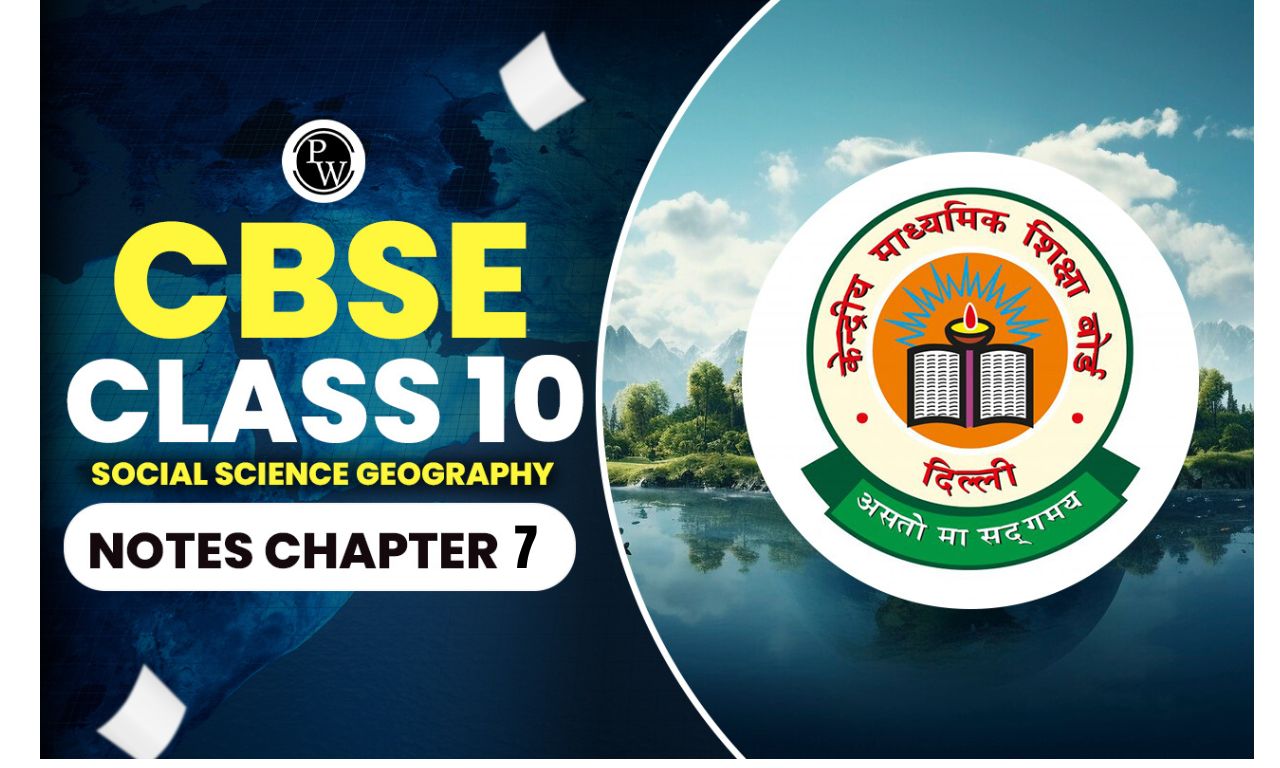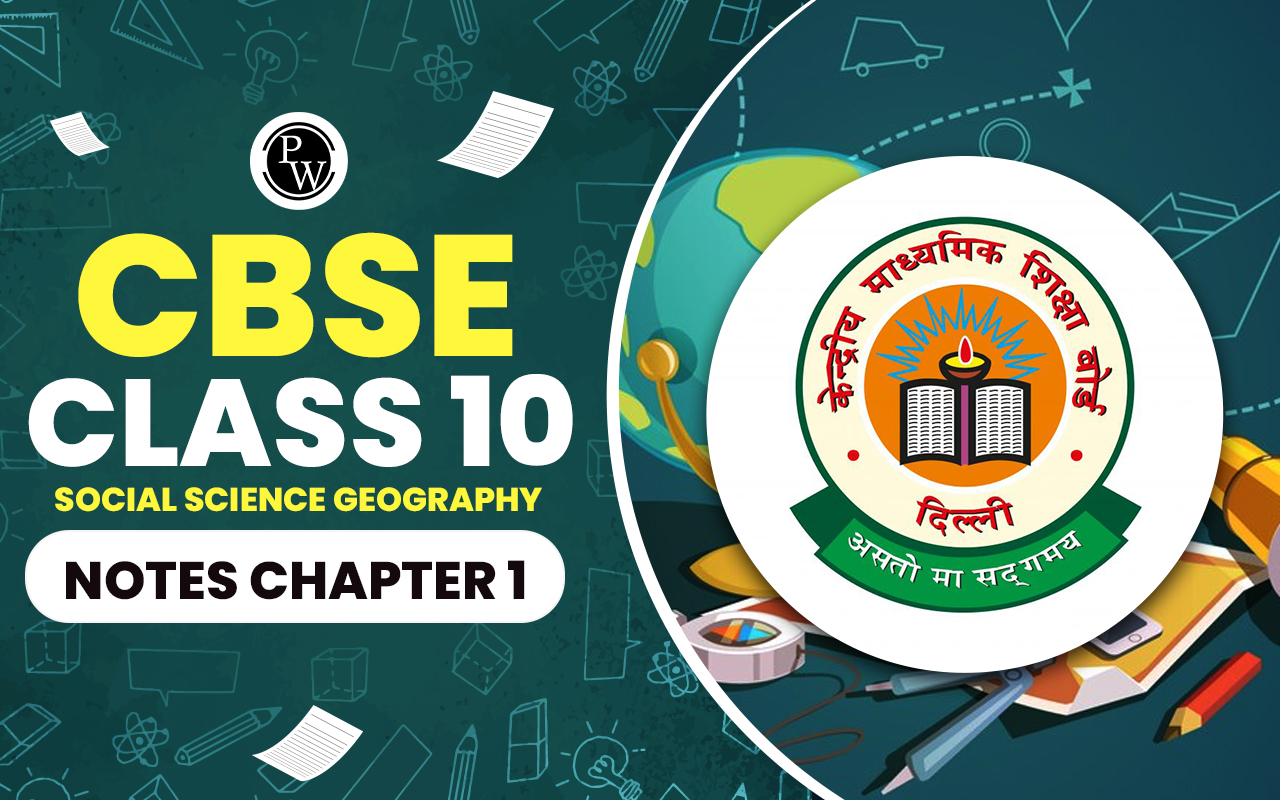
CBSE Class 10 Social Science Economics Notes Chapter 5: In CBSE Class 10 Social Science Economics, Chapter 5 is all about "Consumer Rights." This chapter explains the rights that consumers have when they buy goods or services. Students learn about important rights like the right to safety, information, choice, and to be heard.
They also learn about the right to seek redressal if they have any issues with a product or service. Understanding these rights helps students become smart and empowered consumers who can make good choices and stand up for themselves when needed. You can also download these CBSE Class 10 Social Science Notes in PDF format for easy reference.CBSE Class 10 Social Science Economics Notes
Topics Covered in the CBSE Class 10 Social Science Economics Notes Chapter 5 Overview
In the CBSE Class 10 Social Science Economics notes for Chapter 5, the following topics are covered:1. Introduction to Consumer Rights
2. Importance of Consumer Rights
3. Rights of Consumers:
- Right to Safety
- Right to Information
- Right to Choose
- Right to be Heard
- Right to Seek Redressal
4. Consumer Responsibilities
5. Consumer Awareness
6. Role of Consumer Organizations
7. Ways to Protect Consumer Rights
8. Consumer Protection Act, 1986
9. Consumer Redressal Mechanisms
10. Case Studies and Examples
CBSE Class 10 Social Science Economics Notes Chapter 5 PDF
You can find the CBSE Class 10 Social Science Economics Notes for Chapter 5 in PDF format by clicking on the following link:CBSE Class 10 Social Science Economics Notes Chapter 5 PDF
CBSE Notes Class 10 Economics Chapter 5 – Consumer Rights
Consumer Rights and the Market
- Consumers play dual roles in the market, as producers and buyers of goods and services.
- Consumer protection is necessary to safeguard their interests in transactions.
Origins of the Consumer Movement
The consumer movement originated from the necessity of protecting and promoting consumer interests against unethical and unfair trade practices. Consumers faced exploitation and were often subjected to substandard goods and services. In response to these issues, various consumer advocacy groups and activists emerged to address grievances and advocate for consumer rights. The movement gained momentum with the realization that consumers needed legal protection and avenues for redressal. This led to the enactment of laws like the Consumer Protection Act, 1986, which aimed to safeguard consumer interests and provide mechanisms for addressing disputes and grievances.| CBSE Class 10 Economics Notes |
| Chapter 1: Development |
| Chapter 2: Sectors of the Indian Economy |
| Chapter 3: Money and Credit |
| Chapter 4: Globalisation and the Indian Economy |
| Chapter 5: Consumer Rights |
Key Consumer Rights
Right to Safety: Consumers have the right to protection against hazardous goods and services.
Right to Information: Consumers are entitled to information about products, including ingredients, pricing, and expiry dates.
Right to Choose: Consumers have the freedom to select goods and services based on their preferences.
Right to be Heard: Consumers have the right to voice their grievances and be heard in decision-making processes.
Right to Seek Redressal: Consumers can seek compensation or replacement for defective products or unsatisfactory services.
Consumer Redressal Mechanisms
- Consumer forums or councils provide platforms for consumers to address grievances and seek resolution.
- COPRA establishes a three-tier judicial system at the district, state, and national levels to adjudicate consumer disputes.
Consumer Education and Awareness
Consumer education and awareness are crucial components of the consumer movement. They empower individuals with the knowledge and skills necessary to make informed decisions and protect their rights in the marketplace. By educating consumers about their rights and responsibilities, as well as providing information on product quality, pricing, and safety, consumer education initiatives aim to foster a more transparent and fair marketplace. Consumer awareness campaigns raise consciousness about issues such as deceptive advertising, misleading labeling, and fraudulent practices, encouraging consumers to demand accountability from businesses and policymakers. Overall, consumer education and awareness play a vital role in promoting consumer empowerment and ensuring a level playing field for all participants in the economy.Conclusion
- Consumer rights are essential for ensuring fair and ethical trade practices.
- Continued efforts in consumer education and awareness are crucial for empowering consumers and promoting a transparent marketplace.
CBSE Class 10 Social Science Economics Notes Chapter 5 FAQs
What is COPRA, and when was it introduced?
How can consumers seek redressal for their grievances?
What role does education play in promoting Consumer Rights?
What are some examples of quality assurance labels mentioned in the chapter?










